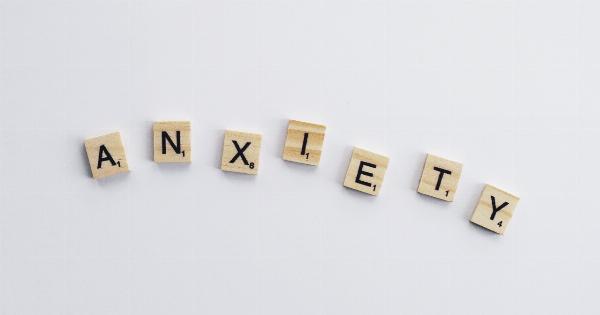Language development is a critical milestone in a child’s early years, serving as the foundation for communication and social interaction.
However, some children may experience language delays, which can impede their ability to understand and express themselves effectively. This article explores the causes and consequences of language delays in young children, shedding light on an issue that affects many families worldwide.
Causes of Language Delays
There can be various factors that contribute to language delays in young children. Understanding these causes is essential for identifying and addressing the underlying issues. The following are some common factors:.
1. Hearing Impairment
One of the primary reasons behind language delays in children is undiagnosed or untreated hearing impairments. When a child is unable to hear sounds and speech clearly, their ability to develop language skills is hindered.
2. Developmental Disorders
Several developmental disorders, such as autism spectrum disorder and intellectual disabilities, can cause language delays. These disorders affect the overall cognitive and language development of a child.
3. Environmental Factors
Children growing up in environments with limited exposure to language stimulation may experience delays. Lack of meaningful conversations and interactions can slow down a child’s language acquisition process.
4. Premature Birth
Preterm infants are at a higher risk of experiencing language delays due to their underdeveloped auditory and neurological systems. The earlier a child is born, the greater the potential for language-related challenges.
5. Medical Conditions
Certain medical conditions, such as neurological disorders or genetic syndromes like Down syndrome, can impact a child’s language development. These conditions may affect the brain’s ability to process and produce language.
Consequences of Language Delays
The effects of language delays can be far-reaching, impacting a child’s cognitive, social, and emotional well-being. Understanding the consequences is crucial for early intervention and support. Some notable consequences include:.
1. Academic Challenges
Language delays can interfere with a child’s educational journey, making it challenging for them to keep up with their peers academically. Difficulties in reading, writing, and comprehending instructions are commonly observed.
2. Social Isolation
Language delays can hinder a child’s ability to form and maintain relationships with their peers. Difficulties in communication may lead to social isolation, potentially impacting their overall social and emotional development.
3. Frustration and Low Self-Esteem
Children with language delays often experience frustration due to their inability to effectively express themselves. This frustration can lead to low self-esteem and a negative self-perception, affecting their overall confidence and mental well-being.
4. Delayed Speech and Language Skills
Language delays can result in a significant lag in speech and language skills development. This delay may manifest as difficulties in articulating words, using appropriate grammar, and understanding complex instructions.
5. Long-Term Consequences
If left unaddressed, language delays can have long-term consequences on a child’s academic and professional success.
Difficulties in communication can persist into adulthood, affecting various aspects of life, including employment opportunities and social interactions.
Conclusion
Language delays in young children can stem from various causes, ranging from hearing impairments to developmental disorders. Recognizing and addressing these delays early on is crucial for providing appropriate interventions and support.
By understanding the consequences of language delays, parents and caregivers can advocate for the necessary resources to help children overcome these challenges and reach their full potential.





























